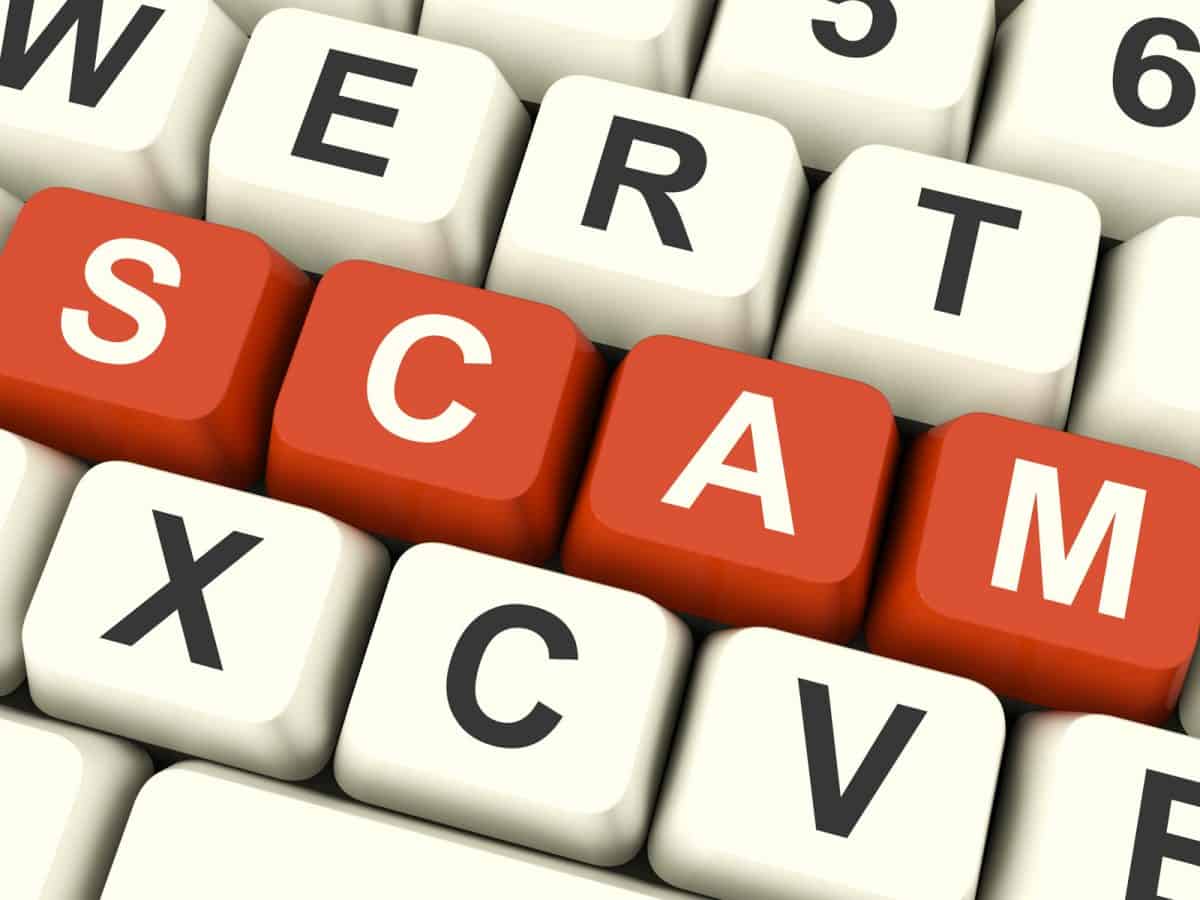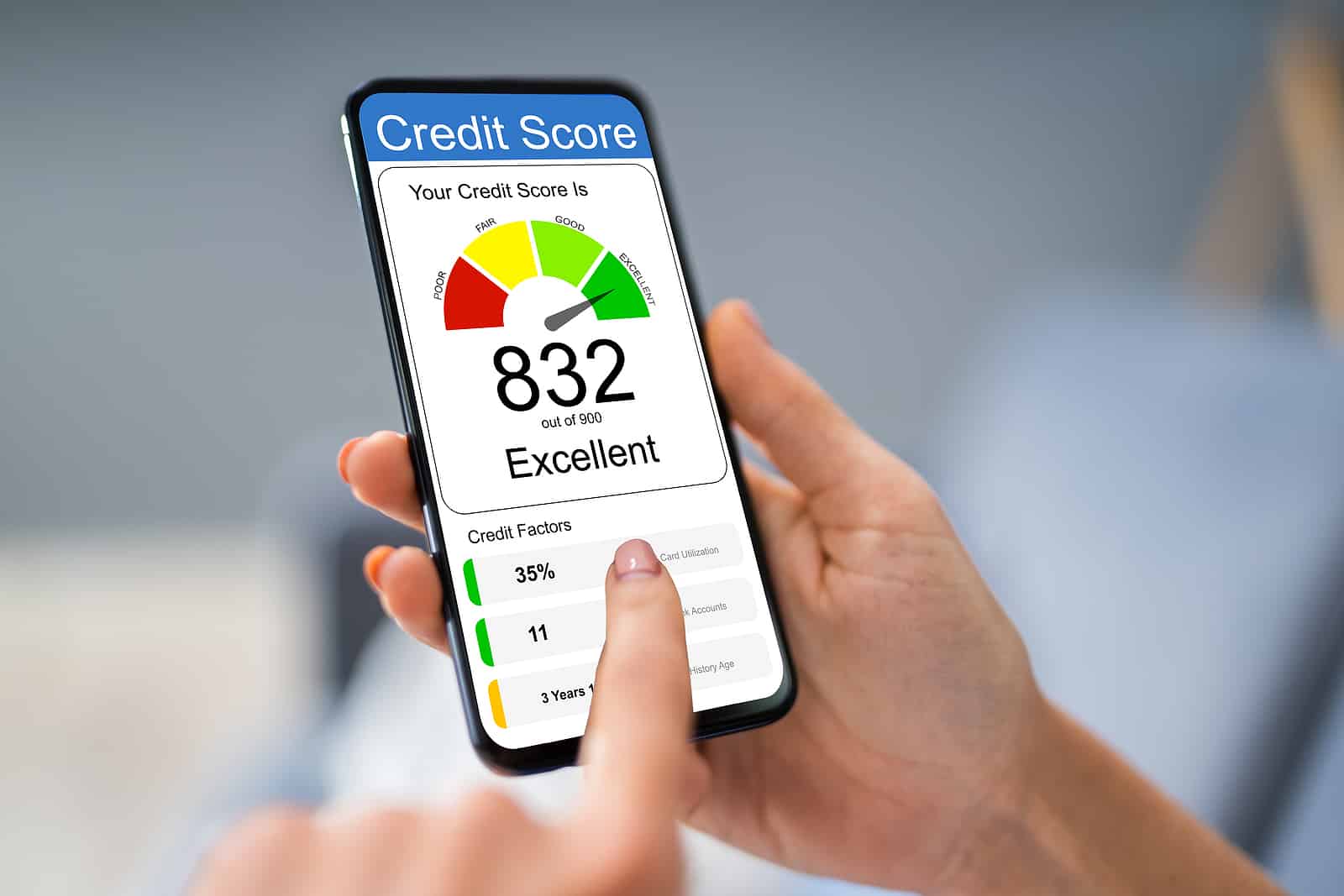How to raise your credit score is the most important thing when it comes to getting the best rates
Your credit report and credit score are more important than ever. With everyone trying to save money on everything from groceries to bills, your credit score can significantly impact how much you spend on your most significant purchases, such as homes, cars, and furniture. That is because the higher the credit score you have, the lower the interest rate you will be offered for these major purchases.
How to Raise Your Credit Score – Protect Your Finances: Freeze Your Credit Now
Considering car loans are now averaging a seven-year term, saving just a half a percentage point will save hundreds of dollars. Apply that same half a percentage point to a mortgage and your savings will be in the thousands. If you did not have the best credit when you entered into one of these loans, the best recommendation is to pay on time and make extra payments to the loan principle consistently for the first two years. Not only will this help you pay off the loan sooner, but it will also raise your credit score. With a higher credit score, refinance the loan at a lower rate becomes a viable option.

How to raise your credit score
How to Raise Your Credit Score
Once you have completed the loan process, the next best thing to do to protect yourself and your credit score is to lock your credit. Statistics prove that most consumers are destined to be victims of a fraud attempt in one way or another in the next two years. Cybercrimes, data breaches, and credit scams are growing at an alarming pace.
Hackers are becoming more sophisticated at attacking databases and holding them for ransom. Malware placed in phishing emails is designed to gather all your essential information, and smaller gangs are increasing the use of card scanners at gas stations and small markets. Also, several arrests have been made recently of people in possession of hundreds of preprinted nameless credit cards, admitting they are merely trying random number sequences until one hits a real account.

How to Raise Your Credit Score
For all these reasons and more, it is imperative to understand now that you and your personal information are vulnerable in ways that you will never have thought of before. Phishing emails are still the most likely way for fraudsters to access any information stored on your computer, but data breaches have also sent your information out into cyberspace.
Due to no fault of your own, breaches at Target, Home Depot, and even the credit reporting agency Equifax have proven that your most sensitive information is accessible if someone is willing to work hard enough to find it. Hackers have proven time and again that no computer system is completely impenetrable.
For example, the Equifax data breach was not revealed to the public for over a month and a half after it happened. More than 145 million people had their credit information compromised, including birthdates, social security numbers, and other critical information banks and lenders need to open new accounts. It wasn’t until more than six months later that the whole truth concerning drivers’ licenses and passport information had also been stolen during the breach. People began to realize how serious the leak was to almost half the US population. All the information that cybercriminals need to initiate identity theft was now up for grabs.

How to Raise Your Credit Score and Protect Yourself
Before this happened, the three leading credit reporting agencies would charge the consumer between $2 and $10 each time to freeze and unfreeze their accounts. Since the Equifax breach was announced and thoroughly investigated, President Trump signed legislation making it free and easy for consumers to freeze and unfreeze or “thaw” their credit nationwide. It is important to note that according to the new guidelines, freezing and unfreezing your credit reporting does not affect your credit score in any way.
How to Raise Your Credit Score and Protect Yourself
A credit freeze stops lenders from opening up new credit, which can protect consumers from identity theft. A credit freeze disables any bank or lender from accessing your credit information. Therefore, they cannot see if you qualify for a new loan or account, so the financial institutions will decline to open new accounts.
While it may be a bit time-consuming to freeze your credit at first, since you have to contact each agency individually, the protection is well worth it once completed. After that, you may choose to thaw or unfreeze your credit just by calling the reporting agencies and answering a few questions before you want to apply for a loan or make a more significant purchase that requires a credit check.
Freeze Your Credit Now
Also, to take protecting your credit one step further, you are allowed to request your credit report once a year. According to the Consumer Protection Agency, you can use their website annualcreditreport.com to receive one complete credit report on yourself each year. While the information can be obtained by regular mail or email, it is comprehensive and should list all of your credit accounts, both past, and present. However, it will not include your credit score.

How to raise your credit score
In conclusion, it should be apparent that everyone should take the time to review their report every year and immediately report any possible mistakes. Disputing misinformation on a credit report can take up to six months to be resolved, so the sooner you contact the agency with proof, the better. Also, if you do find misinformation on your credit report, take note of when it occurred. Do some research and see if you can pinpoint your spending simultaneously and possibly discern how the breach happened so you can avoid repeating the same mistake in the future.
Read more – Phishing Emails With Fraudulent Invoices from Online Retailers
Here’s how to contact the credit reporting agencies:
TransUnion: transunion.com/credit-freeze
Experian: experian.com/freeze/center.html









